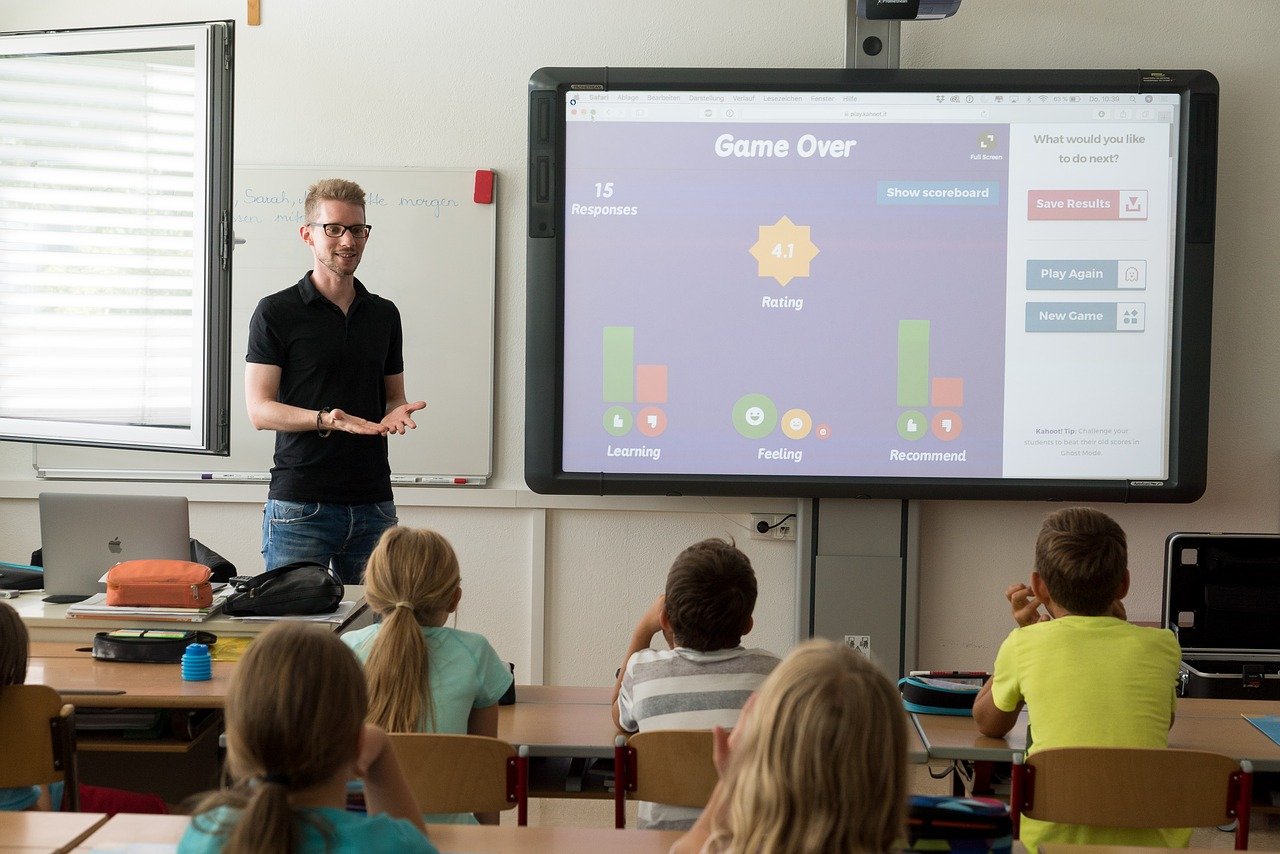We’re Pressuring Students to Read Too Fast, Too Much, Too Soon

In today’s society, there is an increasing emphasis on academic achievement and success. As a result, students are often pressured to read quickly, consume vast amounts of information, and start reading at a very young age. While the intention behind this may be to enhance their learning and cognitive abilities, it is important to consider the potential negative consequences of such practices.
One significant issue with pressuring students to read too fast is that it compromises comprehension and deep understanding. Reading is not just about decoding words and finishing books; it is about assimilating information, reflecting on its meaning, and making connections to prior knowledge. When students are rushed to read quickly, they may miss important details, fail to grasp complex concepts, and struggle to engage meaningfully with the text. This not only diminishes the quality of their learning but also discourages a love for reading.
Additionally, the expectation for students to consume an overwhelming amount of reading material can result in information overload. Students are bombarded with textbooks, articles, online resources, and various other sources of information. This excessive load can lead to fatigue, burnout, and stress. It becomes a race against time to finish readings rather than a process of genuine understanding and enjoyment.
Moreover, starting students on intensive reading at a very young age may not be developmentally appropriate. Young children have diverse learning styles and abilities, and forcing them to read too soon can negatively impact their self-esteem and confidence. It is crucial to prioritize building a solid foundation of basic reading skills and a love for storytelling before pushing them into more demanding reading tasks.
To address these concerns, educators and parents need to rethink their approach to reading instruction. Rather than focusing solely on speed and quantity, emphasis should be placed on quality and depth of reading. Students should be encouraged to explore different genres, engage in discussions, and develop critical thinking skills around the texts they read. Additionally, providing ample time for reading and creating a supportive reading environment can foster a lifelong love for reading.
In conclusion, the current pressure on students to read too fast, too much, and too soon needs to be reevaluated. Reading is not a race but a journey of exploration and understanding. By promoting a balanced and mindful approach to reading, we can ensure that students develop a genuine love for reading, deepen their comprehension, and truly benefit from the power of written words.

